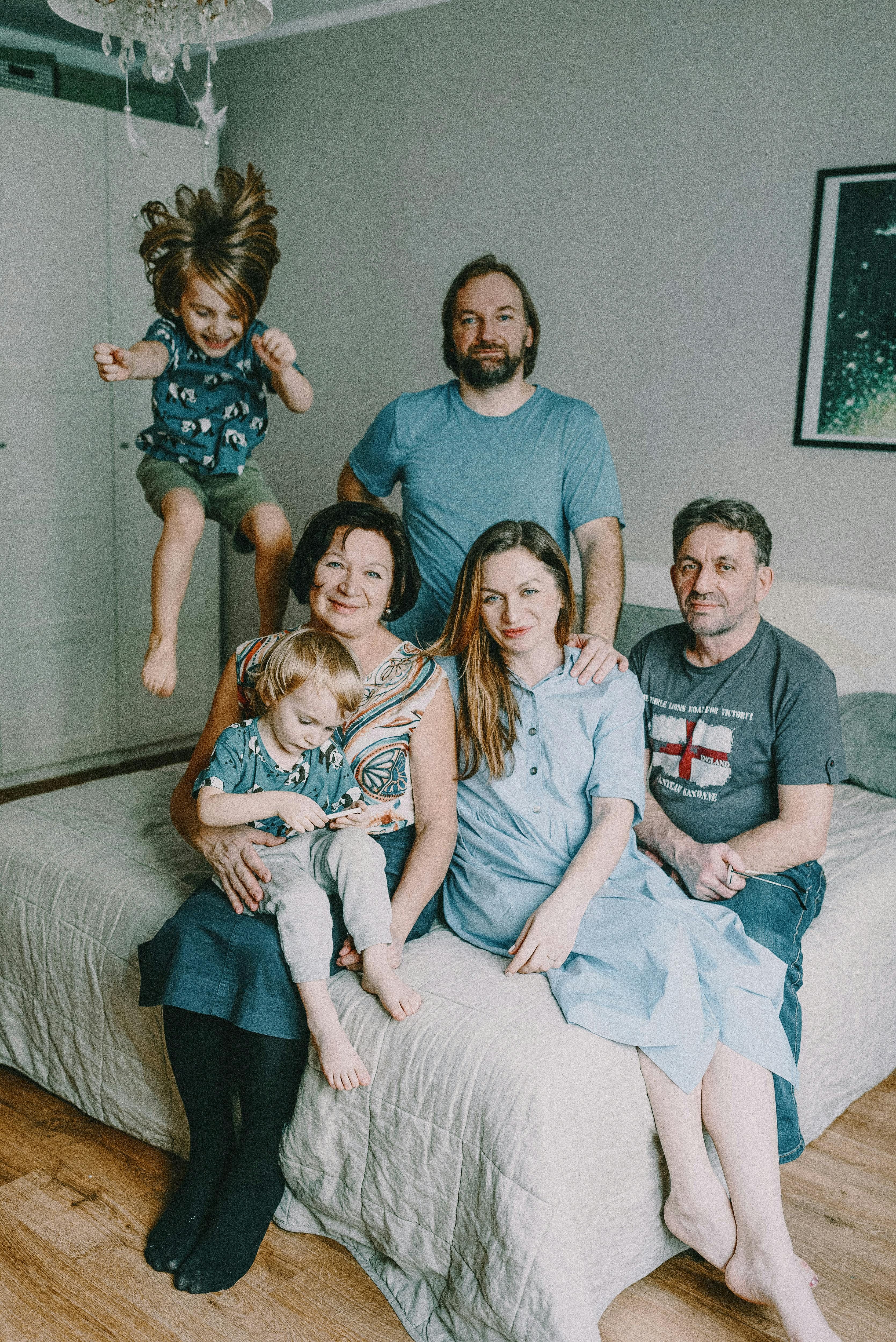How To Tell Your Children Why They Can't See Their Grandparent(s)
May 27th, 2024
If you need to explain to your child why they cannot see their grandparents, here are some scripts and tips for having that conversation.

Unfortunately, some of you will have to make the tough decision not to allow your children to see their grandparents. How you explain this to your child will depend on a couple of factors:
- The type of relationship they had with the grandparent before you made this decision. If the child has never met the grandparent, this conversation will be different than if they had an existing relationship with them that needs to end.
- The age of the child. You may not be able to fully explain this to a two-year-old, while a fourteen-year-old may have many questions. Use your discretion to decide what needs to be shared based on your child’s unique personality and developmental age.
- The reasons why they are not able to see their grandparents. Some children cannot be around their grandparents because of abuse or neglect. These can be challenging topics to explain to your children.
If you need to explain to your child why they cannot see their grandparents, here are some scripts and tips for having that conversation:
- Tell a simple story appropriate for their age and development. This may sound like: “It isn’t safe to be around grandma. We have tried to explain to him many times how he needs to treat us, and he will not agree. My job is to keep us all safe, and sometimes that means we can’t be around people, sometimes even family members if we can’t be safe with them.”
- Reiterate that it is your job and responsibility to keep them safe. They may not fully understand how a grandparent could be unsafe, but that is okay.
- Explain how it will impact them. “We won’t see Grandpa this year on Thanksgiving like we normally do. I know that you might feel sad about that, and that’s okay.”
- Make sure they know this is not their fault. “You did nothing wrong. This is not your fault. We had to make this hard decision as a family.”
- Allow them to ask questions. Sometimes, our adult explanations are not enough. It is ok if your child has questions or concerns about what will happen next. Some of their questions may trigger you; remember, this is not about you, and they can have their concerns.
- Allow space for their feelings. “I know you had a lot of fun times with Grandpa, too. It’s okay to feel sad about this. I’m sad about it, too. I wanted you to have a grandfather, and we can both be sad about that together.”
- Allow the conversation to evolve as they age. They’ll likely have more questions as time passes. Remember, this is not a one-time conversation, and it is okay for them to be curious.